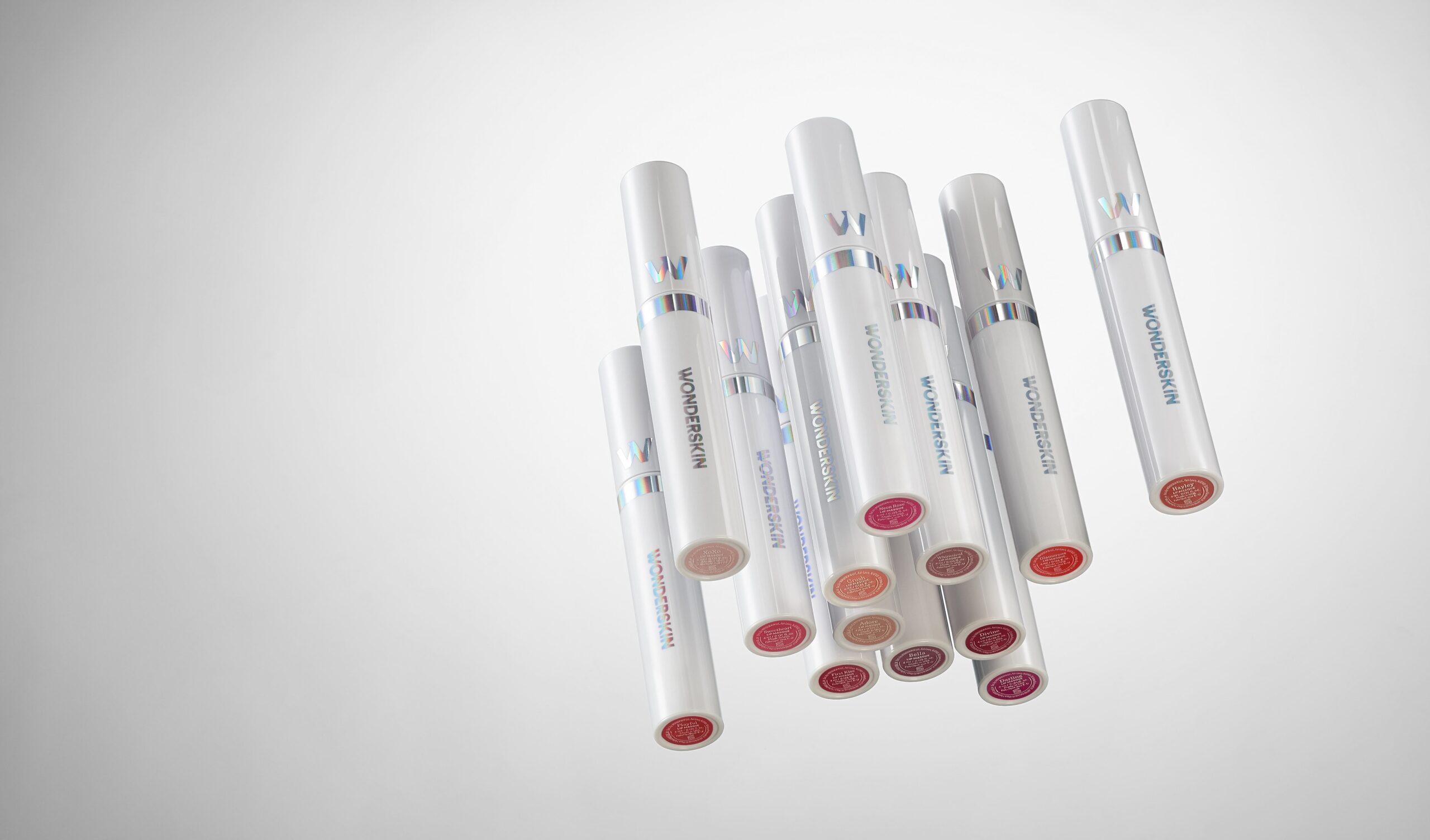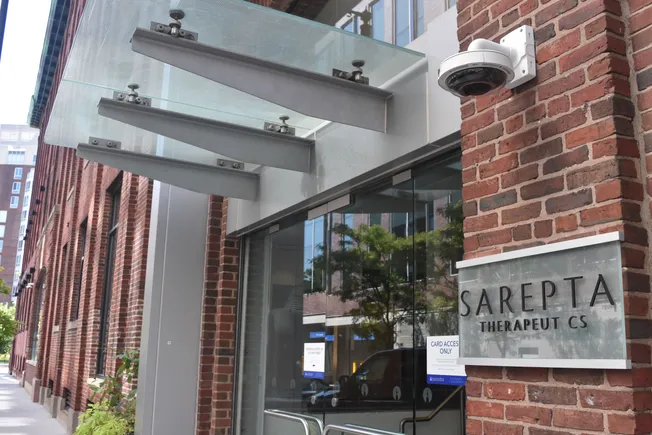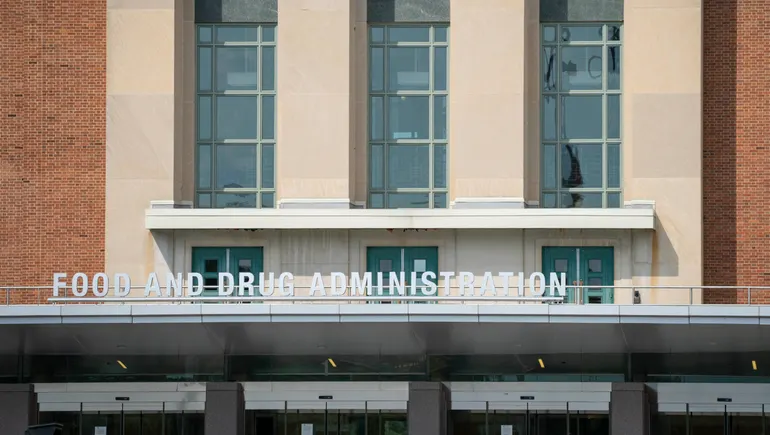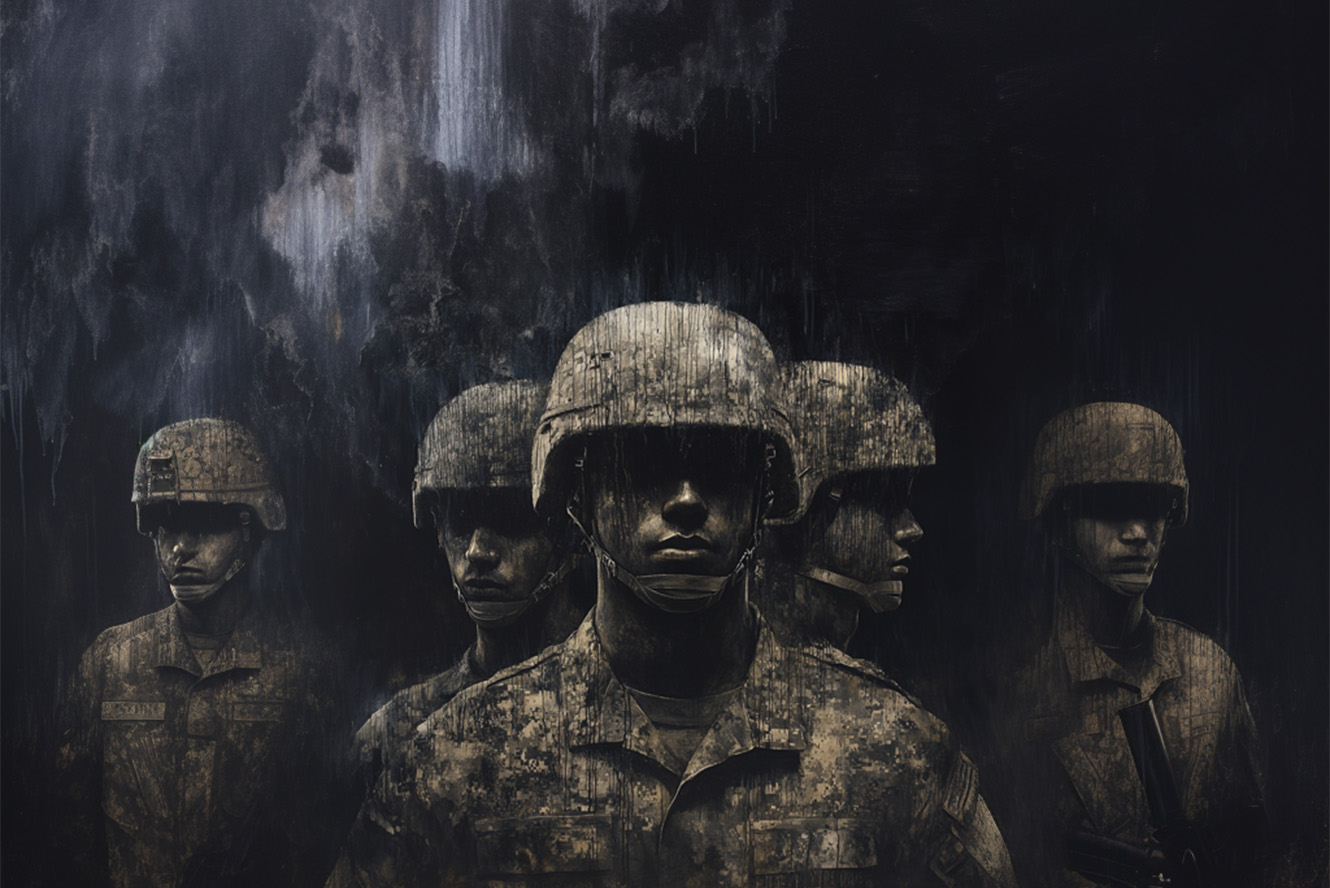This site uses cookies. By continuing to browse the site you are agreeing to our use of cookies.
All
All Stories
All Stories
BioPharma Dive - Latest News
Breaking World Pharma News
Drugs.com - Clinical Trials
Drugs.com - FDA MedWatch Alerts
Drugs.com - New Drug Approvals
Drugs.com - Pharma Industry News
FDA Press Releases RSS Feed
Federal Register: Food and Drug Administration
News and press releases
Pharmaceuticals news FT.com
PharmaTimes World News
Stat
What's new
New technology facilitates delivery of advanc...
May 4, 2025 0
A candidate drug dismantles a metabolic barri...
May 4, 2025 0
Fungi dwelling on human skin may provide new ...
May 4, 2025 0
Concept paper on the revision of Part IV guid...
May 8, 2025 0
All
Breaking DefenseFull RSS Feed – Breaking Defense
DefenceTalk
Defense One - All Content
Military Space News
NATO Latest News
The Aviationist
War is Boring
War on the Rocks
Ahead of the NATO Summit, Allies meet to disc...
May 8, 2025 0
Army leaders clash with Connecticut lawmaker ...
May 7, 2025 0
Ahead of the NATO Summit, Allies meet to disc...
May 8, 2025 0
DRAFT - dsg
May 7, 2025 0
Sixth meeting of the Community of Interest of...
May 7, 2025 0
NATO 2025 Annual Conference on Gender Perspec...
May 7, 2025 0
All
Advanced Energy Materials
CleanTechnica
Energy | FT
Energy | The Guardian
EnergyTrend
Nature Energy
NYT > Energy & Environment
PV-Tech
RSC - Energy Environ. Sci. latest articles
Utility Dive - Latest News
Spatially Regulated Gas Flow Control for Batc...
May 8, 2025 0
Atomic Layer Deposition‐Modified Bifunctional...
May 8, 2025 0
Oxygen Vacancy Sites Enable Efficient Photoca...
May 8, 2025 0
Cascaded Energy and Charge Transfer Synergist...
May 8, 2025 0
Author Correction: H<sub>2</sub> and CO<sub>2...
Apr 25, 2025 0
Elucidating mechanisms of change
Apr 25, 2025 0
- Contact
- LIVE TV
- Agriculture
- Automotive
- Beauty
-
Biopharma
- All
- All Stories
- All Stories
- BioPharma Dive - Latest News
- Breaking World Pharma News
- Drugs.com - Clinical Trials
- Drugs.com - FDA MedWatch Alerts
- Drugs.com - New Drug Approvals
- Drugs.com - Pharma Industry News
- FDA Press Releases RSS Feed
- Federal Register: Food and Drug Administration
- News and press releases
- Pharmaceuticals news FT.com
- PharmaTimes World News
- Stat
- What's new
- Defense
- Energy & Water
- Fashion
- Food & Beverage
- Healthcare
- Legal
- Manufacturing
- Luxury
- Medical Devices
- Mining
- Real Estate
- Retail
- Science Journals
- Transport & Logistics
- Travel & Hospitality



















































































































































